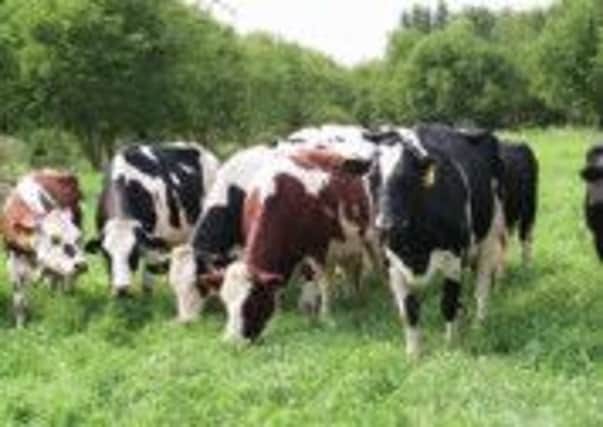Fighting the spread of a killer


TB is an infection caused by a bacterium, Mycobacterium bovis. This nasty disease is currently one of the biggest challenges affecting cattle farming in the UK. Since January 2008, around 199,000 cattle have been culled nationally due to TB, and the immense cost to the taxpayer is ever-increasing.
Until now, Lancashire has had the enviable position of being TB free; the main areas affected nationally have been the south west, the West Midlands and Wales.
Advertisement
Hide AdAdvertisement
Hide AdThe recent cases in our area have arisen from cattle brought in from these infected parts of the country. This has been a wake-up call to many of our local farmers to only buy stock from ‘clean’ areas, so reducing the risk of infected animals coming into Lancashire and spreading the disease.
In heavily infected regions, one of the main problems with TB control is the disease becoming endemic in the wildlife population. Badgers in particular are believed to be the main reservoir of infection in the UK, quickly spreading the disease from infected to uninfected herds.
Luckily, at the moment, the wildlife in Lancashire appear to be free of the disease, being separated from infected areas to the south by the Manchester Ship Canal. This Victorian waterway is acting as a barrier to infected wildlife, and has thus far enabled us to control any outbreaks in the county through cattle measures alone.
The worry is that, if more infected cattle are brought into Lancashire, the local wildlife population will become infected and the disease will become almost impossible to eradicate. If this happens, it will be a devastating blow to the Lancashire farming community with a loss of stock, restricted movements and lower prices.
To counter this we are currently working with other vets and farmers in the area to try and co-ordinate a regional approach to stop TB coming to Lancashire.